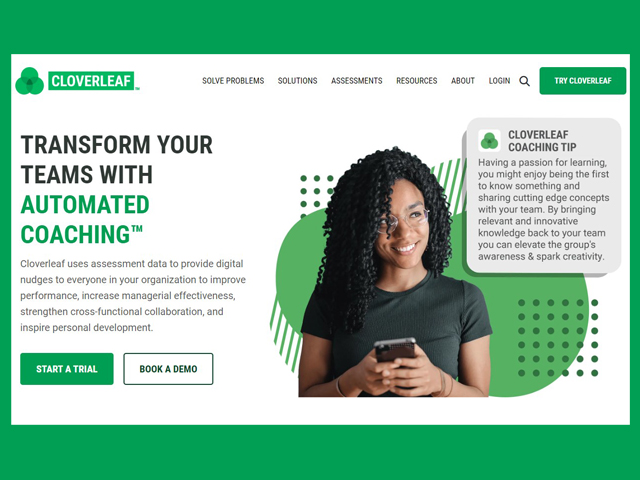
Where grade schoolers can pursue anything and everything with enthusiastic curiosity, high school students are often more selective in which extracurricular activities they pursue. Not only do they have less time, but they also may feel pressure to make each activity count.
They aren’t just participating. They are developing a resume.
Can extracurriculars improve your chance of getting a good college scholarship? In this article, we will answer that question, and look at ways high schoolers can optimize their time to maximize their reward money potential.
Do Extracurriculars Help You Get Scholarships?
They can. Particularly for very competitive scholarships. For example, only about 0.01% of students receive a full-ride scholarship.
Depending on the high school, anywhere from 10-20% of students may receive some form of honor roll recognition. This means that you can get all, or mostly As and still not be competitive where scholarships are concerned.
Not without other things padding your resume. Great test scores will certainly help. Extracurricular involvement is required to take you the rest of the way.
No, these activities will not create guarantees. They won’t even improve chances by an objective measure. However, they will, when prioritized appropriately, give the student a more compelling application, and provide other benefits in the process.
Below, we take a look at extracurriculars that may increase your odds of getting scholarships.
Academic Clubs
Academic clubs have the obvious benefit of establishing your interest in and commitment to learning. Participation in something like the scholar bowl or chess team demonstrates that you are even more academically inclined than the average straight-A student.
They may also hint at your potential future involvement at the university. Most colleges will have both teams among their extracurriculars. While they probably don’t have a lot of money to hand out to people who are good at chess, they may be excited by the opportunity to entice new talent through an academic scholarship.
Community Service
Community service extracurriculars do not have to be school-sponsored. Your high school may have clubs that do community outreach or focus on helping the needy. If they do not, there are still lots of volunteer opportunities that demonstrate your commitment to the common good.
Do nursing home visitations. Hand out food at your local soup kitchen. Find a cause that you are passionate about, and look for ways you can make a tangible difference in your community.
Leadership
Demonstrating your ability as a leader is an awesome way to make your academic record stand out. Universities appreciate this quality because it reflects both on your potential as a college student and possibly even indicates future career aptitude.
Keep in mind that scholarships are an investment on behalf of the university. They want to get kids who will do well at school, and produce tangible successes after graduation that reflect well upon the university.
Leaders are more likely to get involved in college and also thrive in their future workplace.
Athletics
Participation in sports will demonstrate that you are well-rounded. Not only do you have great grades, but you are physically capable and able to balance differing responsibilities well.
Athletic involvement requires good collaboration skills, great communication, and leadership. All bankable skills to put on your application. Naturally, very talented athletes may be eligible for athletic scholarships.
That said, you don’t have to be captain of the team. Mere participation will reflect well on your application—particularly if you know how to frame it.
Preparatory Extracurriculars
If you know what you would like to study in college, look for activities that align with the skills that will be emphasized in the degree program. For example, if you want to become a nurse, you might look for volunteer or internship opportunities within the healthcare setting.
If you are interested in going into business school, you might look for leadership-specific extracurriculars.
In the absence of clear connections, think about what skills you need to develop. Maybe you want to highlight your ability to communicate effectively or work well with others. What extracurricular will show that you can do that?
If you need help brainstorming, try writing about that activity in the context of a personal statement or college admissions cover letter. “During BLANK activity I performed BLANK, BLANK, BLANK. Responsibilities that taught me the value of BLANK.”
This can be creative. “Through the drama department, I learned the value of communication, teamwork, and strong leadership. My responsibilities in this club proved to me what could be accomplished through effective time management and collaboration.”
Do scholarship boards care about “Bye Bye, Birdie?” Not very much. They probably do care about the skills described in the last paragraph.
Doing it Right
Blindly reaching for every activity suggested in this list is not an effective way to land a scholarship. Students who want to increase their chances of award money need to prioritize school work over everything else. Your test scores and academic transcript will be weighed more heavily than anything else.
From there, pick opportunities that are of genuine interest. This will make the activity more enjoyable. It may also result in a more focused application. Remember that when you go out for scholarships, you’re essentially selling yourself to the school. This is who I am. This is why those qualities are an asset to your institution.
Make that pitch accurate. You want a diverse, compelling application. You also want an honest one. Because the truth has some intangible objective value? Sure. That. Maybe.
More importantly, choosing activities that you actually like makes narrative sense. You’re telling a story with your application. The story of why you should get this money. Fill that story up with details that ring true, both to you, and the person reading your application. It’s just an easier sell.











